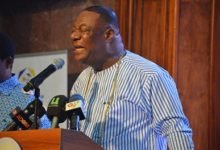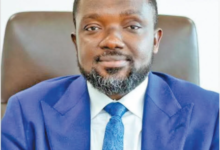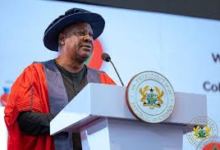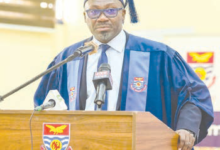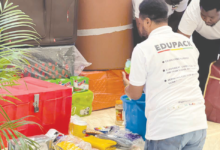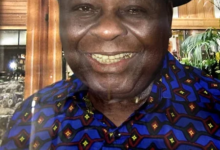
The Tamale Public Health Reference Laboratory, the centre dedicated to the testing of COVID-19 cases has so far tested more than 1,000 samples since it was refurbished and operationalised about three weeks ago.
Out of this 39, including the single case from the Savannah Region have tested positive with the rest being negative.
The samples were mainly from the Bono East, Bono, Savannah, Upper West, Upper East, North East and Northern Regions.
Dr Abass Abdul Karim, the Head of the Public Health Laboratory and also the leader at the testing centre disclosed this to the Ghanaian Times during a visit by a delegation from UNICEF led by Dr Mrunal Shyte, the Chief of Health and Nutrition at UNICEF Ghana to the centre.
He said “Since the operationalisation of the laboratory, following the support from UNICEF, we have run over 1,000 samples from the above-mentioned regions.”
Dr Abass said the reactivation of the facility had come as a source of relief for the region, stressing that “Aside COVID-19, the Tamale public health laboratory will be able to run major tests.” `
He, therefore, pleaded with organisations and individuals living within the regions to support the centre with Personal Protective Equipment (PPEs) for scientists who were risking their lives in saving the lives of other people.
On his part, the Northern Regional Minister, Mr Salifu Saeed, commended UNICEF Ghana for their support in the reactivation of the Tamale Public Health Reference Laboratory for running COVID-19 samples.
According to him, the reactivation of the centre had brought a great relief to the Regional COVID-19 Management Team and would go a long way to facilitate the fight against the spread of the virus in the region.
“I am a direct beneficiary of this support where I was tested after a directive by President Nana Akufo-Addo during a ministerial meeting in Accra, “he said.
Dr John Bertson Eleeza, the Northern Regional Health Director said, prior to the reactivation of the centre, the team had to spend not less than GH¢900 to transport the samples to Kumasi.
This, according to him did not include the associated risk posed to the drivers who had to transport the samples to the Kumasi Centre for Collaborative Research (KCCR).
He said the region used to wait between three days and a week before getting their results as a result of the pressure on Komfo Anokye Teaching Hospital (KATH), KCCR and Noguchi Memorial Institute for Medical Research testing samples from all over the country.
“With UNICEF supporting in establishing the testing centre, we save cost and are able to get results very faster at the time needed in order to take necessary action in saving the lives of people,” he added.
The laboratory, he explained, served seven regions made up of Bono East, Bono, Savannah, Upper West, Upper East, North East and Northern regions respectively, he added.
Madam Margeret Gwada, chief of field at the Tamale UNICEF office said the testing centre geographically would benefit a lot of people, especially women and children within the beneficiary regions.
She urged husbands to support their wives in providing the necessary precautionary measures to stop the spread of COVID-19, as well as staying healthy.
Dr Mrunal commended the efforts of the volunteers who were dedicating their lives to save others.
“We at UNICEF are very happy and privileged to support the government in the fight against the pandemic, especially for women and children who are always vulnerable,” he emphasised.
He said the support was made possible with a generous grant from Department for International Development (DFID).
From: Geoffrey Buta, Tamale.

